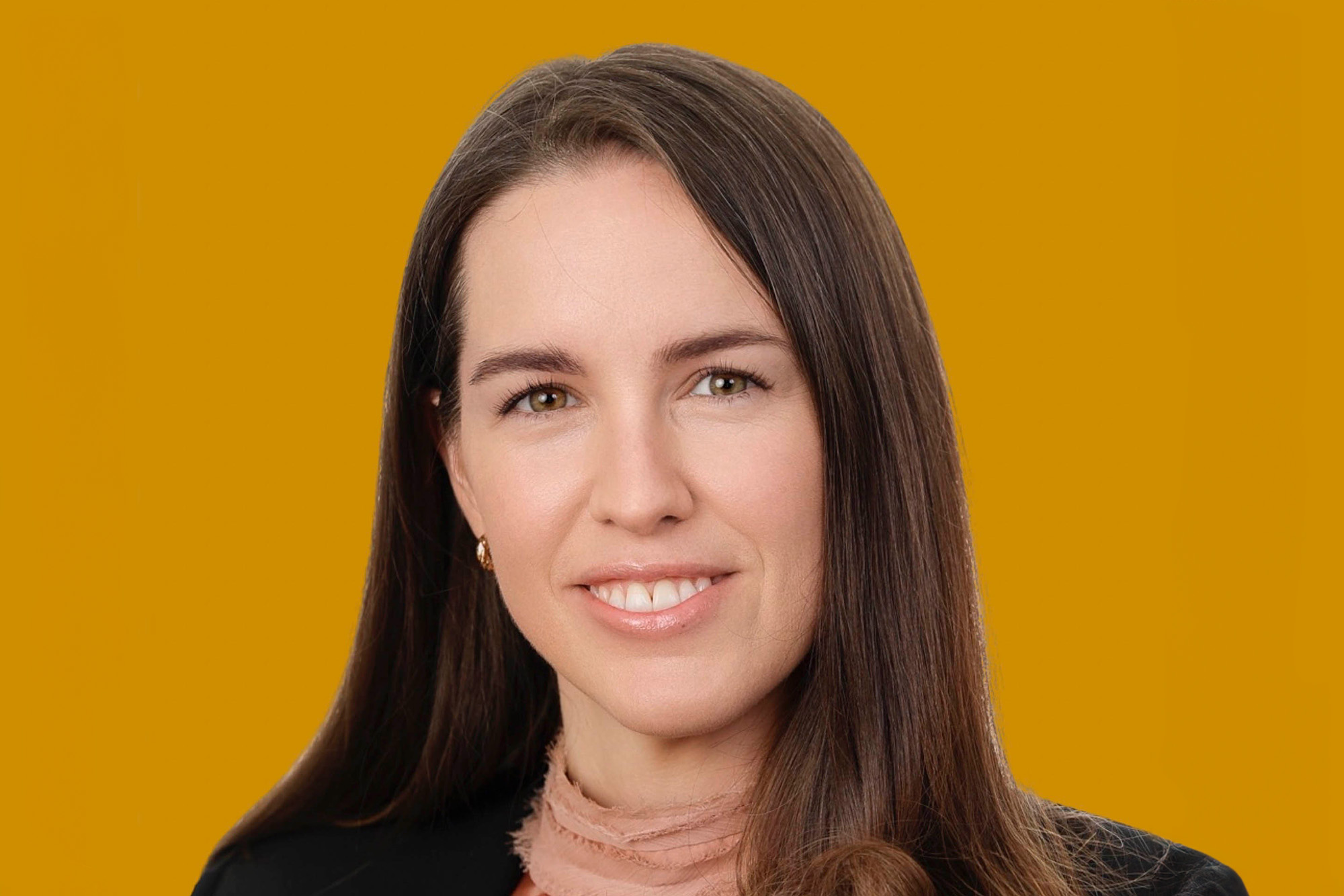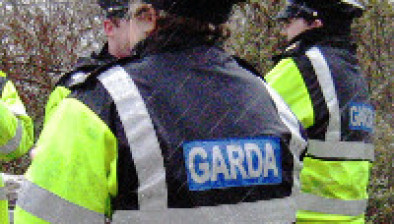Lawyer of the Month: Fiona McNulty

Fiona McNulty
Fiona McNulty clearly thrives on being “involved”. And she positively embraces the opportunity to participate in a range of activities that both extend beyond and complement her work as a senior associate at Mason Hayes & Curran LLP by Dublin’s Grand Canal Dock.
“I enjoy getting involved in new things,” she says with some understatement. Most recently she was elected to the Law Society of Ireland Council. She’s also a member of the Irish Women Lawyers Association committee and chair of the Law Society of Ireland’s Younger Members Committee. Oh, and a board member of the Irish Family Planning Association.
Passionate about younger lawyers becoming more engaged with the profession, earlier this month Ms McNulty chaired the Younger Members Committee conference, at which the speakers were both diverse and reciprocal in messages which were aimed at members of the Law Society in their first seven years of practice.
“We recognise that can be a challenging time. Solicitors who are newly qualified are trying to get to grips with the technical aspects of the area of law that they’re working on,” she says.
“They may also be facing be facing expectations at their firms to generate new business and as they progress, they might be supervising trainee solicitors themselves — so there can be a lot of pressure on younger lawyers and we wanted to convey some of the soft skills that would help to make the journey a bit easier.”
Sara Phelan SC, chair of the Bar Council, spoke at the conference about the art of negotiation, whether within a firm or on behalf of a client, while Barry McLoughlin of the Communications Clinic in Dublin talked about how younger solicitors can communicate their brand and improve how they are viewed by their peers and colleagues.
Annalise Murphy, a triple Olympian and board member of the Olympic Steering Group, intriguingly described some of the parallels she identified between her first seven years as an Olympic sailor and the situations that lawyers experience in their initial seven years of practice.
As a member of Mason Hayes & Curran’s health and prosecutions department, Ms McNulty advises across a broad range of areas including healthcare law, childcare law, criminal prosecutions and environmental law and advocates before the courts regularly on behalf of public sector clients.
Growing up in Cork, she went on to Trinity College Dublin and was awarded a FLAC Fellowship, becoming the Thomas Addis Emmet Fellow 2011 which involved an internship at Washington Appleseed in Seattle, part of a social justice, non-profit network in the US and Mexico and attended lectures at the University of Washington.
It’s an area of the law that then inspired and still motivates her. “There was a very strong pro bono culture at Washington Appleseed and even now, working in a commercial law firm, I’m involved in the firm’s pro bono programme and it’s something I remain very interested in today as that work is hugely important in allowing people access to justice,” she says.
Her interest in law and justice began as a teenager: “My father sat for 20 years as a District Court judge in west Cork and I used to go with him and sit in the back of the court during the school holidays or when he had a special sitting for a warrant.
That, she says planted the seed that led her to study law. “At the stage where we were all applying for internships and traineeships I wasn’t really interested in corporate law so applied for the FLAC Fellowship and experienced the importance of ‘real life’ cases.”
Ms McNulty is in court three or four days a week. “That’s a lot of my time but I’m very lucky that many of the areas of law I work in are quite collaborative.”
Though the traditional perception of litigators or court-based lawyers is that they must be combative and adversarial, she says when it comes to childcare law, wardship or the new assisted decision-making legislation, all sides tend to work together to get a good outcome for the vulnerable child or adult involved and the court will have an expectation that they will do that.
She feels fortunate that her work is extremely varied: “One day I could be advising Tusla, the child and family agency, on child protection cases; I could be in the High Court for emergency applications to protect vulnerable adults or be advising technology companies on warrants.” (She has completed a Higher Diploma in Corporate, White Collar and Regulatory Crime.)
“I like the variation of the work I do, from day to day or week to week and any week might conclude very differently to the way it began.”
Ms McNulty says she’s always been fortunate to be able to work in areas in which she has genuine interest though inevitably some cases are more taxing than others. She recalls a case involving the potential withdrawal of life-sustaining treatment for a young boy who had been in a car accident, in which she was acting for the hospital.
“A disagreement arose between the child’s parents and the hospital’s proposed care plan and it went from being an emergency application in the High Court to a leapfrog appeal to the court in a very short time – which in itself was unusual.
“And while everyone was trying their best to be collaborative and bridge the gap regarding what could be agreed, ultimately there was a difference of position between the parents and the doctors.
“However, there will always be cases like that which remind us of how the law can impact people’s lives at the most basic level.”
As most lawyers will know, it can be difficult to switch off immediately after such stressful circumstances. “Thankfully we have a very close-knit team when it comes to these situations and come back to the office afterwards to discuss and review the results and I find this is a good way of decompressing after difficult cases,” she explains.
Ms McNulty is a fluent Irish speaker who attended Irish-language schools from nursery onwards. “At Law School at Blackhall Place I took a foundation level Irish course like everyone qualifying as a solicitor,” she says.
“I then had the option to take the advanced Irish Legal Practice Irish Course, where Maura Butler was then head of the course.” Now, although on the Irish Language Register (Law Society of Ireland) she concedes that there isn’t significant opportunity to use the language in a Dublin practice.
Meanwhile, she continues to immerse herself in an impressive range of activities that she finds both interesting and rewarding — and is clearly eager to transmit her enthusiasm as chair of the Younger Members Committee, both representing and advocating for these members of the profession.
“I feel strongly that it’s important for young people to be engaged with the legal profession now — because that will help form the conditions that that will affect them in 20 or 30 years.”











